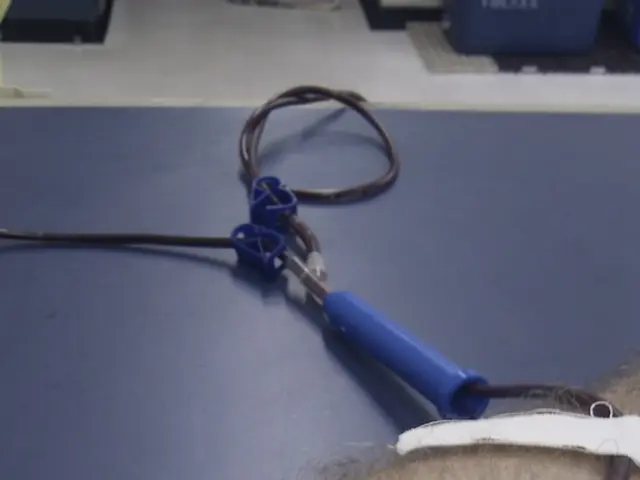Understanding Primary Immunodeficiency Disorders
Primary Immunodeficiency (PID) is a group of over 300 rare, chronic disorders that affect the immune system, making affected individuals more susceptible to infections. This complex network of cells, tissues, and organs is responsible for defending the body against harmful invaders.
Risk Factors and Types of PID
A strong family history of immunodeficiency disorders is one of the most significant risk factors for PID. Common types of PID include Common Variable Immunodeficiency (CVID), X-Linked Agammaglobulinemia (XLA), Severe Combined Immunodeficiency (SCID), Selective IgA Deficiency, Hyper-IgM Syndrome, and others.
Understanding the genetic basis of PID is essential for genetic counseling and family planning for affected individuals. Genetic mutations associated with PID span various genes affecting different components of the immune system, such as B-cell deficiencies, T-cell and combined immunodeficiencies, and tyrosine kinase and signaling defects.
B-cell Deficiencies
B-cell deficiencies, like X-Linked Agammaglobulinemia caused by BTK mutations, lead to early severe bacterial infections and decreased lymphoid tissue. Other genetic mutations linked to B-cell and antibody deficiencies include autosomal dominant and recessive mutations in various genes like TCF3, TOP2B, IGHM, CD79A, CD79B, IGLL1, BLNK, PIK3R1, ICOS, TNFRSF13B (TACI), TNFRSF13C (BAFFR), CD19, MS4A1 (CD20), CR2 (CD21), CD81, LRBA, NFKB2, and more.
T-cell and Combined Immunodeficiencies
T-cell and combined immunodeficiencies, such as Severe Combined Immunodeficiency (SCID), are caused by mutations in genes like RAG1, RAG2, DCLRE1C, NHEJ1, CD247, CD3E, CD3D, AK2, IL7RA, and PTPRC. These genetic mutations disrupt immune cell development, signaling, or function, leading to increased susceptibility to infections, autoimmune phenomena, or cancer.
Management and Treatment
Frequent visits to a healthcare provider specializing in immunodeficiencies are essential for monitoring health status and adjusting treatment plans as necessary. Treatment options for PID include immunoglobulin replacement therapy, antibiotics, vaccinations, and bone marrow transplantation in severe cases. Antibiotic Prophylaxis is prescribed for individuals prone to recurrent infections to prevent infections before they occur.
Staying up-to-date with vaccinations is essential for individuals with PID, but some vaccines may not be suitable for them, so it's important to consult with a healthcare provider. Vaccinations, hygiene practices, avoiding sick contacts, and travel precautions are effective strategies to prevent infections in individuals with PID.
Living with PID
Despite the challenges, with the right support and management, individuals with PID can lead fulfilling lives. Nutritional support, regular monitoring, vaccinations, and stress management are essential components of supportive care for managing PID. Recognizing the signs of infection early can lead to prompt treatment, which is crucial for individuals with PID.
Some primary immunodeficiency disorders are more prevalent in specific ethnic groups, such as SCID in certain populations of Middle Eastern descent and Hyper-IgM Syndrome in individuals of African descent. Environmental factors can play a role in the severity and manifestation of symptoms, such as exposure to certain infections or toxins.
Diagnosing PID can be a complex process, involving a thorough medical history, physical examination, and laboratory tests. PID is typically inherited and present from birth, unlike secondary immunodeficiency which is acquired due to external factors.
With growing research and advancements in gene therapy and stem cell transplantation, there is hope for a future where PID can be cured or effectively managed, allowing individuals to live healthier, more fulfilling lives.
Engaging in continuous education about medical-conditions like primary immunodeficiency (PID) is crucial for health-and-wellness, as understanding PID can help identify risk factors such as a strong family history of immunodeficiency disorders. The science behind genetic mutations associated with PID, like those causing B-cell deficiencies or T-cell and combined immunodeficiencies, can provide insights for managing chronic diseases related to immunodeficiencies.




